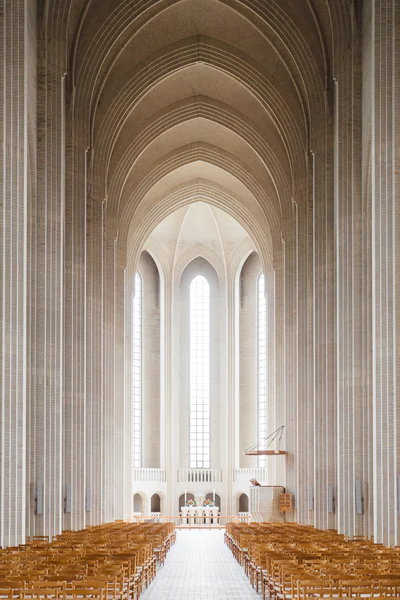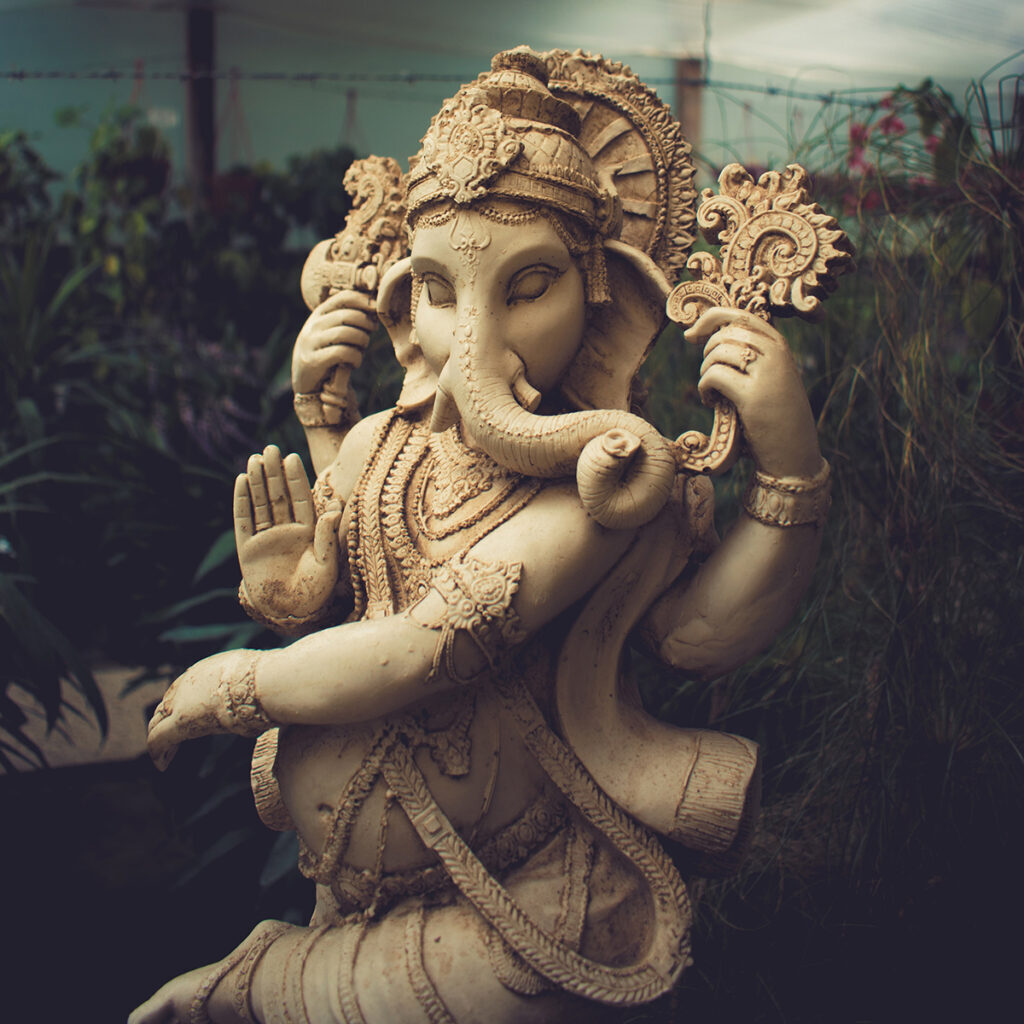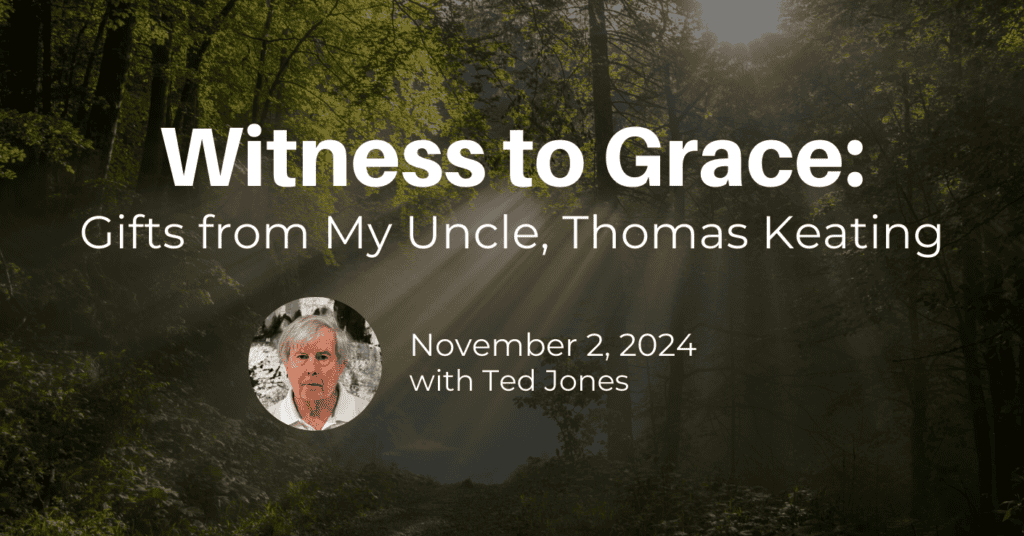In 1984 Trappist Monk and popularizer of the meditation method of Centering Prayer, Thomas Keating invited contemplatives from the various world traditions together to engage in interfaith conversation and interspiritual practice.
He invited meditators of the the following faiths:
• Jewish
• Buddhist
• Hindu
• Native America
• Protestant
• Catholic
• Russian Orthodox
• Islamic
What would come of bringing together these committed contemplatives with wildly different vocabularies of what is most Ultimate and Absolute?
How would their experience and the interpretation of their meditation and prayer bring them together or further divide them?
As the group continued to meet over the years, the conferences evolved to be named “The Snowmass Conference,” and Thomas Keating brought forth what would later be called “The 8 Points of Agreements,” eight affirmations shared by each of the participants
You can read more about these conferences in Nethanel Miles-Yepez’s book, The Common Heart: An Experience of Interreligious Dialogue. I have copied the 8 Points of Agreement below and have added a few personal notes as bullet points.
The Snowmass Conference
Eight Points of Agreements:
1. The world religions bear witness to the experience of Ultimate Reality, to which they give various names.
• All world religions are attempts by humanity to explain and live out their experience with Ultimate Reality, God, or the divine.
• Religious teachings are cultural expressions of how they understand “what is.”
• Each culture and religion “clothes” the naked, Ultimate Reality with various names: God, Christ, Allah, Brahman, Buddhahood, etc.
• All are finite attempts at expressing the Infinite.

2. Ultimate Reality cannot be limited by any name or concept.
• “God” is infinite and inexhaustible in understanding.
• God is mystery beyond any finite idea or conception.
• No finite mind can hold the infinity of the Divine.
• No religion can hold “all of God.”
• God is bigger than any one idea and religion.
• God, like the ocean, can never be fully contained in a religion, like a cup holding the ocean.

3. Ultimate Reality is the ground of infinite potentiality and actualization.
• God is the very source of all that is.
• God is the Source of all that is possible, all that is able to come into being in the world.
• God is the “Ground of Being,” or, ultimate Source all being.
• All humans share the same Source of potential.
• Only because God IS is all else possible.
4. Faith is opening, accepting, and responding to Ultimate Reality. Faith in this sense precedes every belief system.
• True faith is “prior to” belief in religion.
• Faith is open trust in God before we even put definition to what God is.
• Religions are developed in response to a sense of faith and give shape and form to the formless trust in God.
• Religions are cultural expressions of open trust in what is most Ultimate.
• Where belief is faith in a concrete idea or “knowing”, faith is a more fundamental trust in the “unknowing” mystery of being.
• Faith then “precedes belief systems” and is the ground from which concrete belief emerges.
5. The potential for human wholeness—or, in other frames of reference, enlightenment, salvation, transcendence, transformation, blessedness—is present in every human being.
• All humans have the capacity for wholeness: genuine spiritual transformation.
• Regardless of one’s religious upbringing, expression or lack there of.
• The human capacity to genuinely change for the better is present and accessible to all human beings.
• No one is outside the grace of God.
• Transformation inside time, and ‘salvation’ in eternity is present and possible within all humans, regardless of one’s particular faith.

6. Ultimate Reality may be experienced not only through religious practices but also through nature, art, human relationships, and service to others.
• Religion is just one way to experience God.
• We also relate to the immediacy of the Divine through the outdoors, art, music, service, food, people, etc.
• Religious practice is a traditional way of experiencing the Ultimate, but the experience of the Ultimate is never limited to religious practice.
• Holistic religious practice even includes things like “nature, art, human relationship and service to others.”

7. As long as the human condition is experienced as separate from Ultimate Reality, it is subject to ignorance and illusion, weakness and suffering.
• The human condition is the sense of separation from God or Source.
• Many hold a “perceived sense” that we are separate from one another and God.
• The result of this perceived separation is hardship, suffering and sense of separation from others.
• This perceived separation itself is an illusion we can unlearn.
8. Disciplined practice is essential to the spiritual life; yet spiritual attainment is not the result of one’s own efforts, but the result of the experience of oneness with Ultimate Reality.
• Committed spiritual practices like prayer and meditation are essential in nurturing the spiritual life.
• However, true spiritual transformation is a result of God’s grace and not our effort or practice.
• From the ego’s perspective, it can feel like spiritual growth is the result of our own effort: daily we should do our spiritual reading or meditation.
• From the perspective of our higher, truer self, spiritual growth is the result of God’s grace.
*Read more in Nethanel Miles-Yepez book, The Common Heart: An Experience of Interreligious Dialogue.
Witness to Grace: Gifts from My Uncle, Thomas Keating

Explore the life and teachings of Thomas Keating through the deeply personal experiences of his nephew, Ted Jones.
This retreat offers a unique perspective on Thomas’s spiritual journey & teaching, seen through the eyes of a close family member, from their early, awkward encounters to the profound moments at Thomas’s bedside in his final days.
Experience the wisdom and spiritual teachings that Ted received from Thomas, woven through personal anecdotes and reflections on contemplation, devotion, and non-duality. The retreat will also explore the rich interspiritual dialogue that shaped their connection.
Our time together will include a period of contemplative prayer, guided by Thomas’s own words. The morning will conclude with an open space for questions and discussion, inviting you to connect more deeply with the teachings and insights shared.
November 2, 2024 (Saturday)
10:00 AM – 11:30 AM ET
Quick register below:


[…] “Interfaith” is concerned with the “meeting of religions” on the conceptual or social level. […]
Keith, thank you for taking the time to make these points available! Thank you for all you are doing through Closer Than Breath
Thank you Michael. It’s a real honor to be involved in this sacred work.
I liked points 4,7 and 8.
Point 4/”Faith is opening, accepting, and responding to Ultimate Reality. Faith in this sense precedes every belief system.”
It’s true. The Catechism of the Catholic Church says, faith is man’s response to God’s call.
“Faith is open trust in God before we even put definition to what God is.”
The Bible says, faith is a free gift from God when we believe in his Only Son Jesus. Jesus is the known face of an unknown God. Thus, when we accept Jesus in trust based on John 3:16, God gives us faith as a free gift because we have trusted His Only Son. Unless our faith has a basis (John 3:16) in what can we put our trust into…?
Point 7/.” As long as the human condition is experienced as separate from Ultimate Reality, it is subject to ignorance and illusion, weakness and suffering ”
In other words its about suffering with or without God
Suffering with God leads to Hope and Empowering Grace and coming on the other side smelling of roses
Suffering without God leads to Complaining, Bitterness, Heaviness
It leads to
1. I am hurt
2. I complain
3. My complain turns to bitterness
4. My bitterness is rebellion
5. My rebellion separates me from the Lord
6. I can no longer receive help from the only one who can help me
7. God never moved, but I did
Those who choose to suffer without God become blind to what’s happening to them. It’s Gentile thinking. Means futile thinking. (Ephesians 4:17) But when you suffer with God, the Lord will enable you in ways that sheer human will cannot accomplish, and the finite mind cannot perceive. To suffer with God is to move by faith as opposed to existential feelings in the absence of God..
Point 8/”Disciplined practice is essential to the spiritual life; yet spiritual attainment is not the result of one’s own efforts, but the result of the experience of oneness with Ultimate Reality”
Yes, so true
The disciplined practice I practice is disciplining myself to go for mass everyday yet knowing that it is the grace of God and not my own efforts that bring me home to roost..
This is a wonderful site. I have already felt the stirring of my heart. I believe that it can only be good for all who come together to speak to each other about fills our hearts and soul and described in so many ways that bring us together as humans of one world to recognize the Creator, the mysterious in each and every one of us. This is definitely given to us all so we can try to understand which we cannot do ultimately in a way that keeps us longing for and searching for together.
Near the end of his life Fr. Thomas said he devoted his life to 3 things: the Trappists; Contemplative Outreach; and interreligious dialogue.